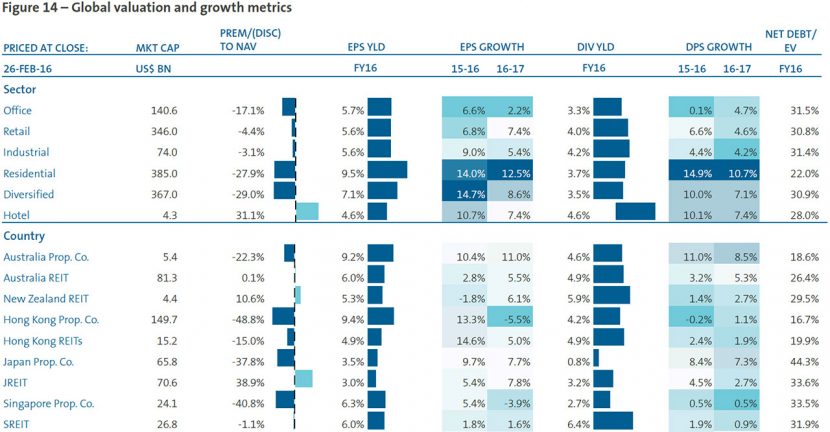commercial
Listed real estate key in the long game: AMP
May 24th 2016 | , Property Review Australia

LISTED real estate has proven over time to offer investors versatility and strong comparative returns compared to direct property, according to AMP Capital.
LISTED real estate has proven over time to offer investors versatility and strong comparative returns compared to direct property, according to AMP Capital.
AMP’s Don’t tell me it’s not real estate white paper also said global investors are allocated more in listed real estate.
Author and AMP Capital co-head of global listed real estate James Maydew said real estate, both listed and direct, is a long-term investment by the very nature of leases that are contractually committed to and the longevity of the physical assets.
“The two asset classes are essentially the same over five years and beyond as the returns are driven by the underlying real estate cash flows they have in common.
“For investors who want to maximise risk-adjusted returns, an asset allocation between both listed and direct should be utilised at different points in the cycle. Listed real estate can also be a useful proxy for direct for investors who want to get set in real estate but who are struggling to deploy their capital given global competition for quality assets,” he said.
“More global investors are allocating to listed real estate and they are hungry for knowledge and insights about the asset class,” he added.
The paper found direct real estate and listed real estate prices are highly correlated to each other but lowly correlated to equities over a five-year period. The correlation moves from 0.05 after one month but settles at around 0.85 after five years.
It cited a CEM Benchmarking Study that tracked the performance of all asset classes over 1998 to 2011 and found returns from REITs were at 11.31% per annum net, outperforming those from direct real estate by 3.7% per year due to direct investments’ significantly lower gross returns and relatively high investment costs.
The paper found listed real estate can be used by investors as a precursor to what the direct market is likely to do.
“Put very simply, if a REIT trades at a premium to its net asset value (NAV), the market believes its assets will appreciate above levels indicated by market pricing of the underlying direct real estate. If we look at listed real estate in the US since 1998, whenever prices have been at a premium to NAV, direct real estate appreciated 96% of the time in the following 12 months,” Maydew said.
Australian REITs are currently trading at a slight premium to NAV, with larger premiums found in Continental Europe and Japan. Listed real estate is trading at a discount to NAV globally, with the biggest discounts in Asia, and the US and UK markets also trading at discounts.
“In individual markets where listed real estate is trading at a discount to NAV, the best management teams are taking advantage of strong pricing in direct real estate markets, selling on-core assets and utilising the proceeds to either de-lever balance sheets or shrink their equity base by returning capital to investors,” Maydew said.
Property Review Australia / 24th May 2016



